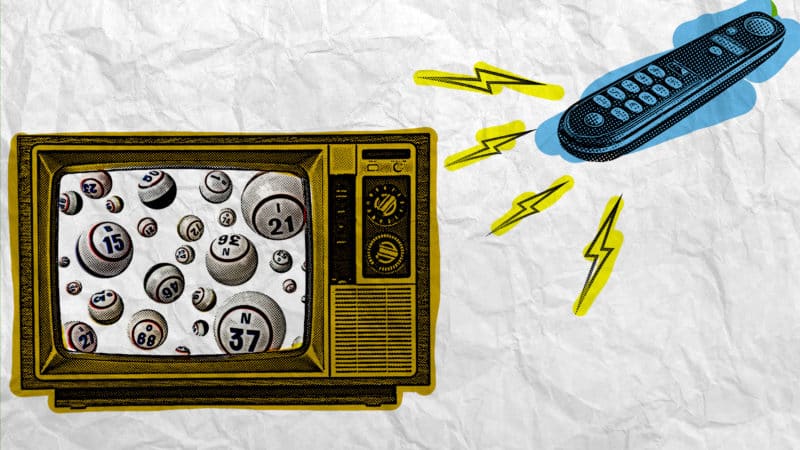By Andrew Fraieli
Thursday last week, Gov. Ron DeSantis signed into law a bill expanding certain programs and services for unaccompanied homeless youth.
Proposed by Senator Ileana Garcia (R-Miami), House Bill 1577, Homeless Youth, will allow certified unaccompanied homeless youth to receive certified birth certificates at no charge, petition the court to allow themselves to be treated as a legal adult, consent to medical care — including mental health services — and for some, waive costs for receiving a license and for their driver education.
Beyond fee waiving, the bill also requires the creation of a liaison position in postsecondary institutions — such as state-run universities and colleges — “to assist in resolving any problems” related to the tuition waiver for students experiencing homelessness. Most institutions left it up to the student to traverse the paperwork and meetings required alone.
It also aligns this tuition policy closer to federal guidelines by allowing any student with their tuition waived for being an unaccompanied homeless youth to be “presumed homeless” for every year after at the same institution unless the students says otherwise, or the institution has conflicting information. Previously, the student had to re-certify their homelessness every year.
“Homeless youth face many barriers to building successful lives, and we must do all we can to ensure these Floridians do not spend their adult lives recovering from their childhood,” said Senator Garcia in the Florida Senate’s press release. “I am hopeful our efforts will help provide Floridians experiencing homelessness meaningful paths to succeed in the classroom and beyond.”
The bulk of these services requires the unaccompanied youth to be certified as homeless though. The bill defines unaccompanied homeless youth to be “an individual who is 16 years of age or older and is not in the physical custody of a parent or guardian, including a youth who has run away from home, who has been forced to leave his or her home, or whose parents have left the area and left the youth behind.” They also age out of this definition at 18, no longer being youth, making these services functional only for 16 and 17-year-olds.
They can only become certified by a school district’s liaison for homeless children and youths, the director — or their designee — of an emergency shelter program funded by the Department of Housing and Urban Development (HUD), the director — or their designee — of a “runaway or homeless youth basic center or transitional living program” funded by the Department of Health and Human Services, or a continuum of care lead agency.
This ties the ability to be “certified” as an unaccompanied homeless youth, and therefore access to the bulk of these programs and fee waivers, to participating in government-funded shelters and programs only.



